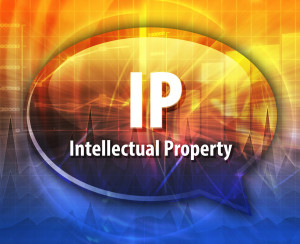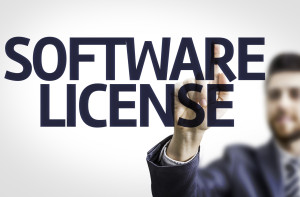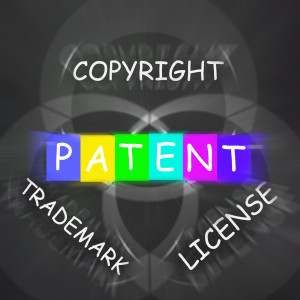Many startups in the tech sector are idea-rich and cash-poor, meaning that their most valuable (and often only) asset is their intellectual property that may have the potential to be worth a substantial amount of money. While some startups are able to move their ideas from concept to deployment with relatively little labor involved, many of these ideas require the assistance of developers, programmers, engineers, and marketers, all of whom are skilled professionals who can easily command salaries well into the hundreds of thousands of dollars per year.

For this reason, many startups are faced with the issue of how to pay their employees during the development and launch phase, before they are generating any revenue. Of course, one option is to borrow the money or to seek investors – a solution that has significant pros and cons which should be considered. Another very popular option is to offer employees equity shares in a company in lieu of cash compensation. In some cases, this may take the form of equity for a lower salary than they would normally expect, while in others an equity share may be the only compensation they receive.
There are many issues that tech entrepreneurs and founders should consider when offering equity as compensation. These include the following:
 San Jose Business Lawyers Blog
San Jose Business Lawyers Blog









